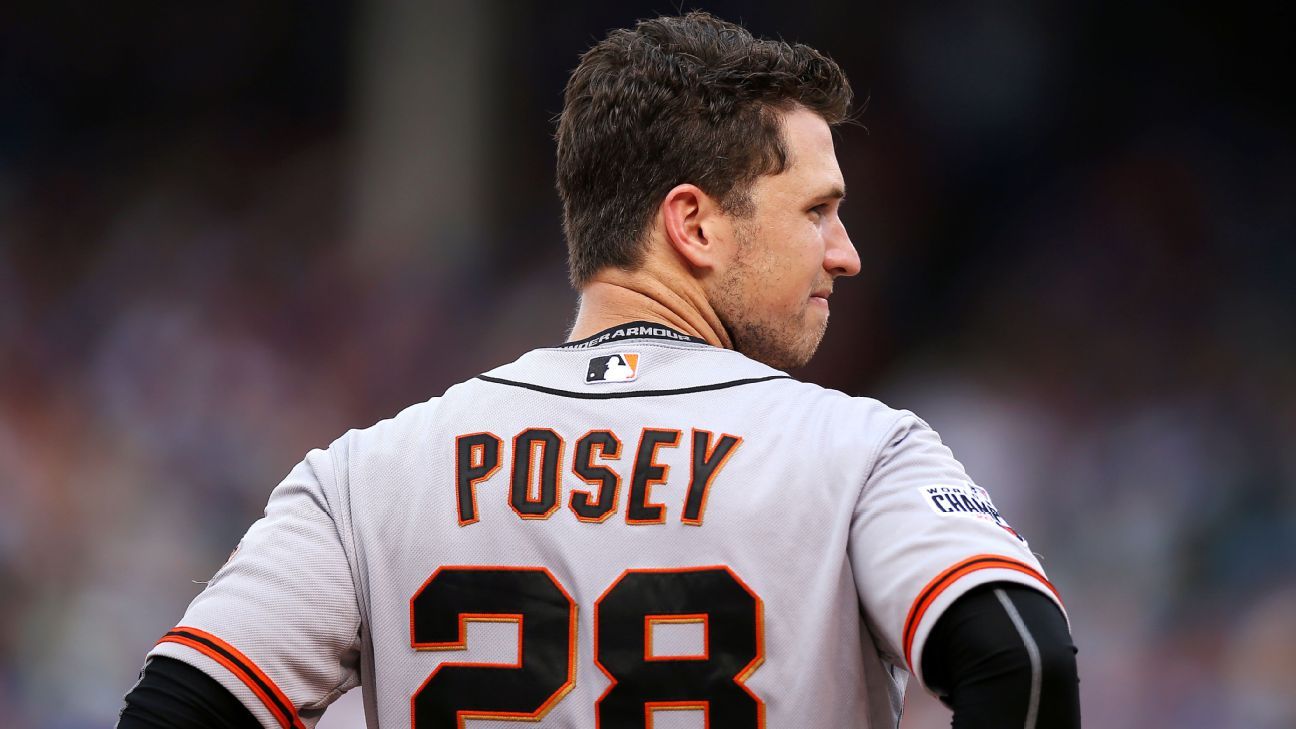Exactly a year ago, the Washington Nationals started the day seven games under .500, seven games out of first place, with a disastrous bullpen. But some key players came back from injury, and general manager Mike Rizzo made some pivotal deals for bullpen help, adding, among others, Daniel Hudson, who would go on to throw the last pitch in the Nationals’ title-winning game in October.
But despite his long and successful history with the Nationals, Rizzo is in this really odd situation with the franchise. He is in the last year of a two-year extension he agreed to in the midst of the 2018 season, and under normal circumstances, he would’ve enjoyed the inherent leverage from a championship and negotiated a long-term deal.
If the 2020 season is played — or if it’s not — Rizzo will be in unusual and unexpected circumstances to negotiate. His bosses recently flirted with the reduction of salaries for minor leaguers, a move so draconian that the team’s big leaguers stepped in to provide cash. The Nats reversed course and restored that pay, but based on the team’s fiscally conservative history, other organizational cutbacks could loom.
In light of the reshaped financial landscape for baseball, what would appropriate compensation be for Rizzo, whose success is in the realm of the best-paid baseball operations executives like Theo Epstein, Andrew Friedman and Brian Cashman? How much of what happens this year will factor into whatever offer is made to Rizzo?
For Rizzo, a truncated 2020 season is a significant complication when the professional stakes for him are high, but he’s hardly alone in this.
Here’s a pressure pick for each of the other 29 teams:
